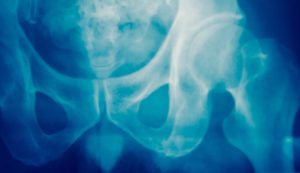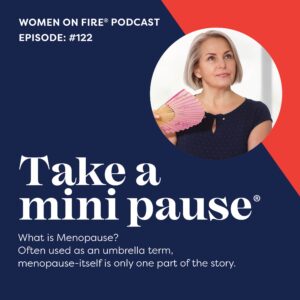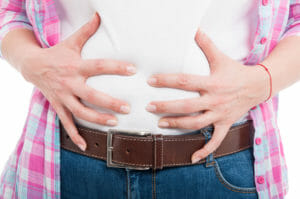Most Popular Posts

10 Surprising Factors that May Contribute to Weight Gain During Menopause
Do you feel like weight gain during menopause happens no matter how much you exercise or how little you eat? We hear this a lot. You’re doing the same thing you’ve always done but the weight is piling on. So

Menopause And Why You Need To Exercise For Your Health & Your Weight
If you want to do everything you can to deter menopausal weight gain and combat an expanding waistline you need to exercise. Let’s talk about exercise and why it’s one of the best things you can do at menopause. For

What Is Paresthesia?
Paresthesia – ever heard of it? Also known as tingling extremities this isn’t one of the more common perimenopause or post-menopause signs, but when it strikes, it can be seriously seriously frustrating. So, what exactly is paresthesia? You know that weird numb,

9 Easy Fixes for Brittle Nails During Peri and Post-Menopause
Have your nails quietly resigned from being strong and reliable? Alongside hair thinning and rogue chin whiskers, nail changes are yet another midlife plot twist Even nails that once survived acrylics, gardening, and toddlers are now soft, peeling and prone

Osteoporosis: Why Strong Bones Are So Important At Post-Menopause
Today we’re going to talk about bones. And more specifically osteoporosis, because it’s something we all need to know about. Especially if we’re in pre-, peri- or post-menopause. If there’s one thing I’ve learned it’s that many of us are

Let’s Talk About Menopause: What Every Woman Should Know
Let’s talk. I’m serious, this is a call out to all of you wonderful meno women. It’s time to open up and start talking about menopause. The Studies Back It Up Studies show that if you talk about it, you’re likely

7 Natural Solutions To Make Your Menopause Easier: No HRT Required
Hey amazing woman, we’re so glad you dropped by looking for natural alternatives to HRT. Because if you’re approaching menopause and in pre-, perimenopause or post-menopause* you’re far from alone. In fact, according to the illustrious World Health Organization: worldwide there

Dream-Worthy Sleep: Your Best Ever Guide To Sleep Hygiene
Sleep hygiene: A Midlife Must-Have Let’s talk about sleep hygiene – aka the soothing rituals and smart habits that help you drift off more easily and wake up feeling more like yourself again during perimenopause, menopause, and post-menopause. To make things simple,

The History (and Stigma) Of Menopause
Let’s look at the history (and stigma) of menopause. Have you noticed how often the word is swept under the carpet? It’s a pretty ugly word – the Chinese term ‘Second Spring’ is so much nicer! Whatever you think of

What is Menopause?
Often used as an umbrella term, menopause-itself is only one part of the story.

7 Easy Ways To Conquer Bloating During Menopause
Bloating during menopause. Grooooaaaaan. When we reach the menopausal years so many things seem to physically change don’t they? All in all, it can be a bit of a minefield to navigate! One of the common complaints we hear from

Tomatoes and Menopause: The Perfect Pairing
Did you know? Tomatoes are one of your BFF’s when it comes to menopause. Yes, it’s true. Science says so, therefore it must be true, right? It’s the lycopene in tomatoes You’ve probably heard that tomatoes contain a substance called